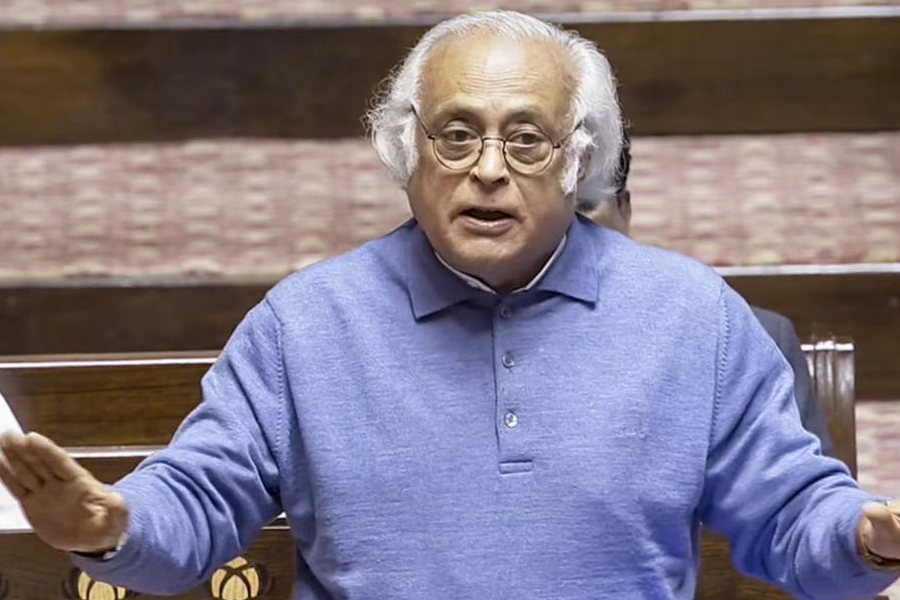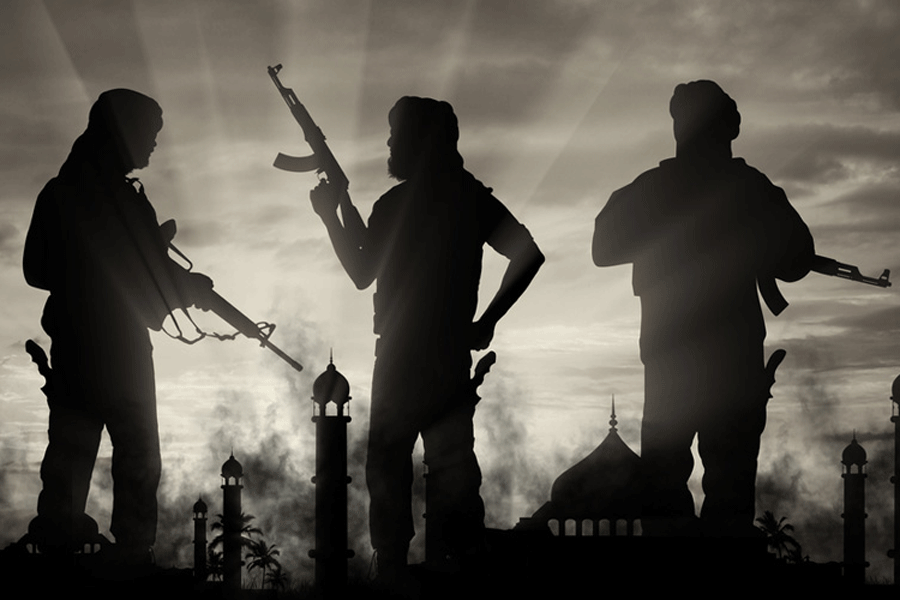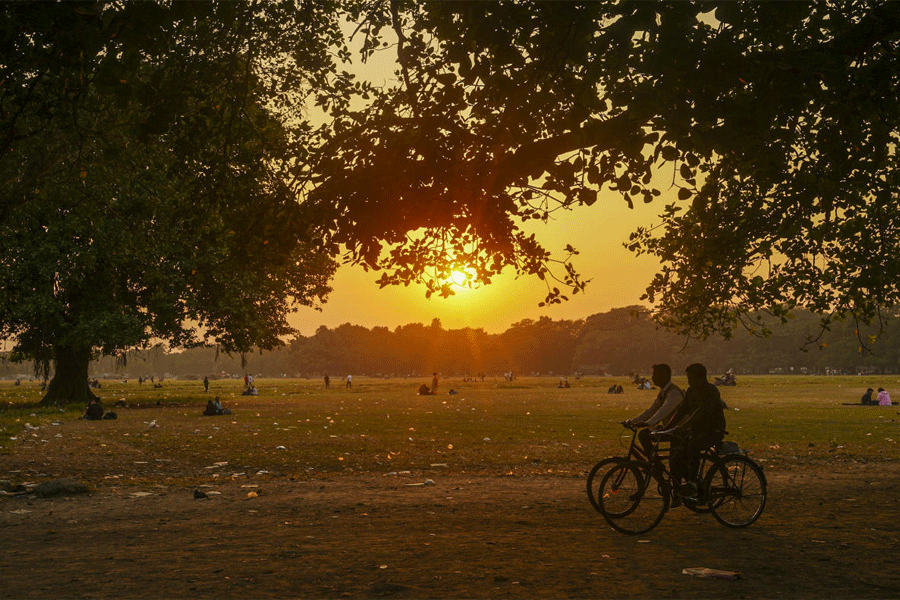A law court has no ideology; it upholds the law and the Constitution. It is expected that the judge would leave his ideology outside the portals of the court. But the occasional presence of Manu and his Manusmriti in the courtroom nowadays raises certain questions. Recently, a judge in the Gujarat High Court reportedly suggested that the petitioner requesting medical termination in the case of a 16-year-old pregnant rape survivor should read the Manusmriti because it said that girls gave birth by the time they were 17. Being over 16 years, as the survivor was, did not make much of a difference since it was a matter of a few months. While apparently referring to the Manusmriti as relevant in these things, the judge ordered medical advice be sought regarding the safety of a medical termination at seven months. This was a point of law, because the term of the pregnancy exceeded the legal limit of 24 weeks; exceptions were allowed in case of medical problems of mother or the foetus. The judge reportedly said it would be difficult to order a termination if no problems were found. He also ordered an ossification test to determine her age.
Terminations at over 24 weeks have been permitted, as in Delhi and in Kerala last year, in the case of minor rape survivors. The law is not meant to be mechanical; justice lies in innate humaneness. But the bigger issue here is the invocation of an ancient Hindu text that has nothing to do with present needs. The Manusmriti is controversial because of its authoritative endorsement of patriarchal values which go against the letter and spirit of laws today. That it should be invoked in the context of a case deeply distressing to a young girl shows up the prejudices underlying much of the Indian Establishment. The key is not that the prejudices exist, but that a judge should reportedly air them openly. Is there a change in the atmosphere that makes such references acceptable? The effect, even if unintended, is misogynistic, apart from glossing over the act of rape. Does that mean that the Indian Establishment finds rape forgivable? If not, is there a check in the justice system that may help keep ideologies that have nothing to do with the law outside the courtroom?











